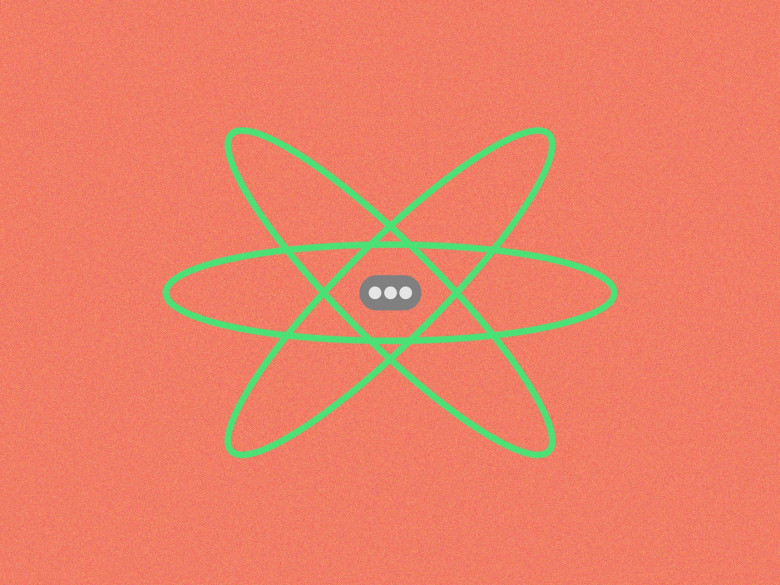AI Could Revolutionize War as Much as Nukes

In 1899, the world’s most powerful nations signed a treaty at The Hague that banned military use of aircraft, fearing the emerging technology’s destructive power. Five years later the moratorium was allowed to expire, and before long aircraft were helping to enable the slaughter of World War I. “Some technologies are so powerful as to be irresistible,” says Greg Allen, a fellow at the Center for New American Security, a non-partisan Washington DC think tank. “Militaries around the world have essentially come to the same conclusion with respect to artificial intelligence.”
Allen is coauthor of a 132-page new report on the effect of artificial intelligence on national security. One of its conclusions is that the impact of technologies such as autonomous robots on war and international relations could rival that of nuclear weapons. The report was produced by Harvard’s Belfer Center for Science and International Affairs, at the request of IARPA, the research agency of the Office of the Director of National Intelligence. It lays out why technologies like drones with bird-like agility, robot hackers, and software that generates photo-real fake video are on track to make the American military and its rivals much more powerful.









































































